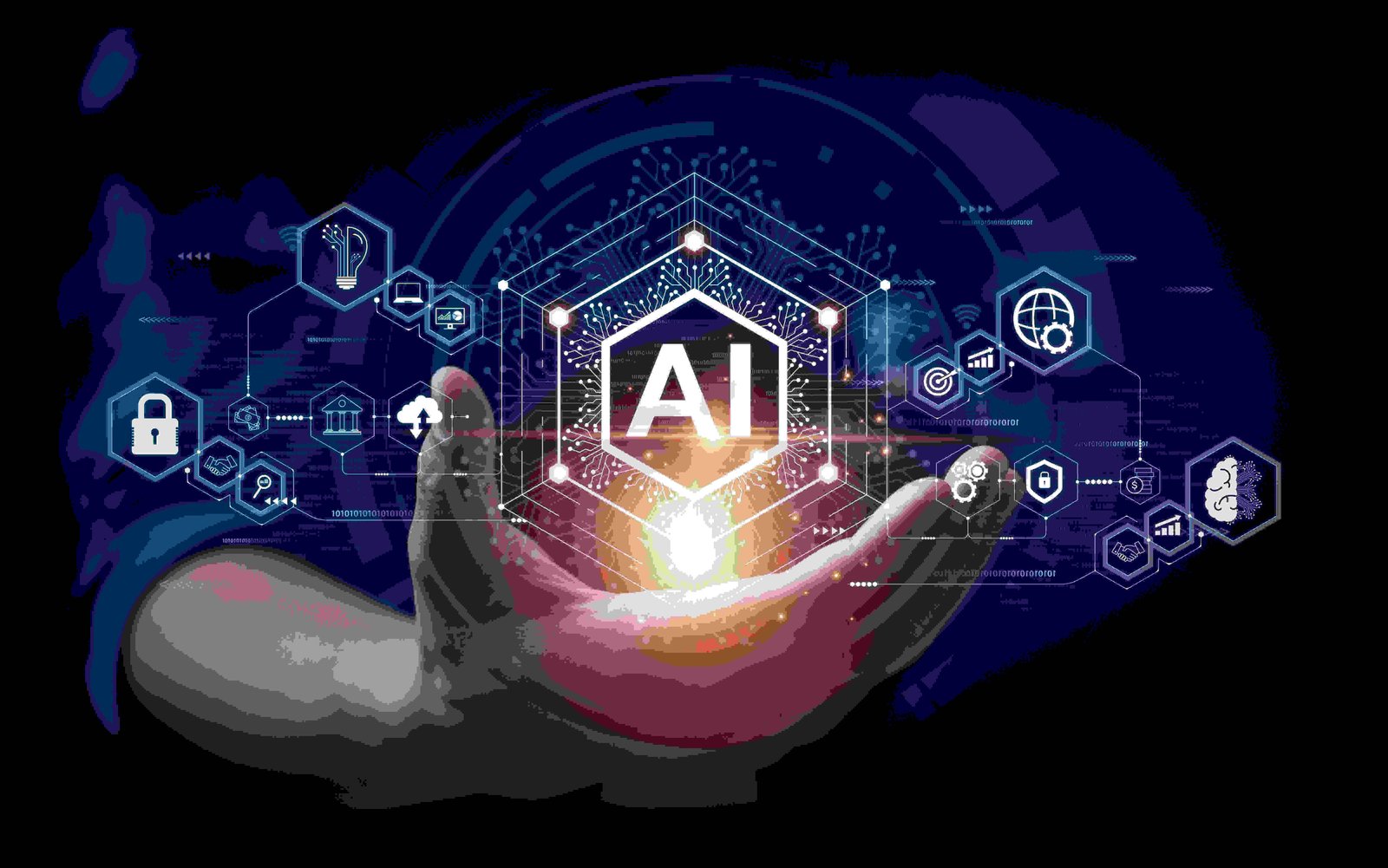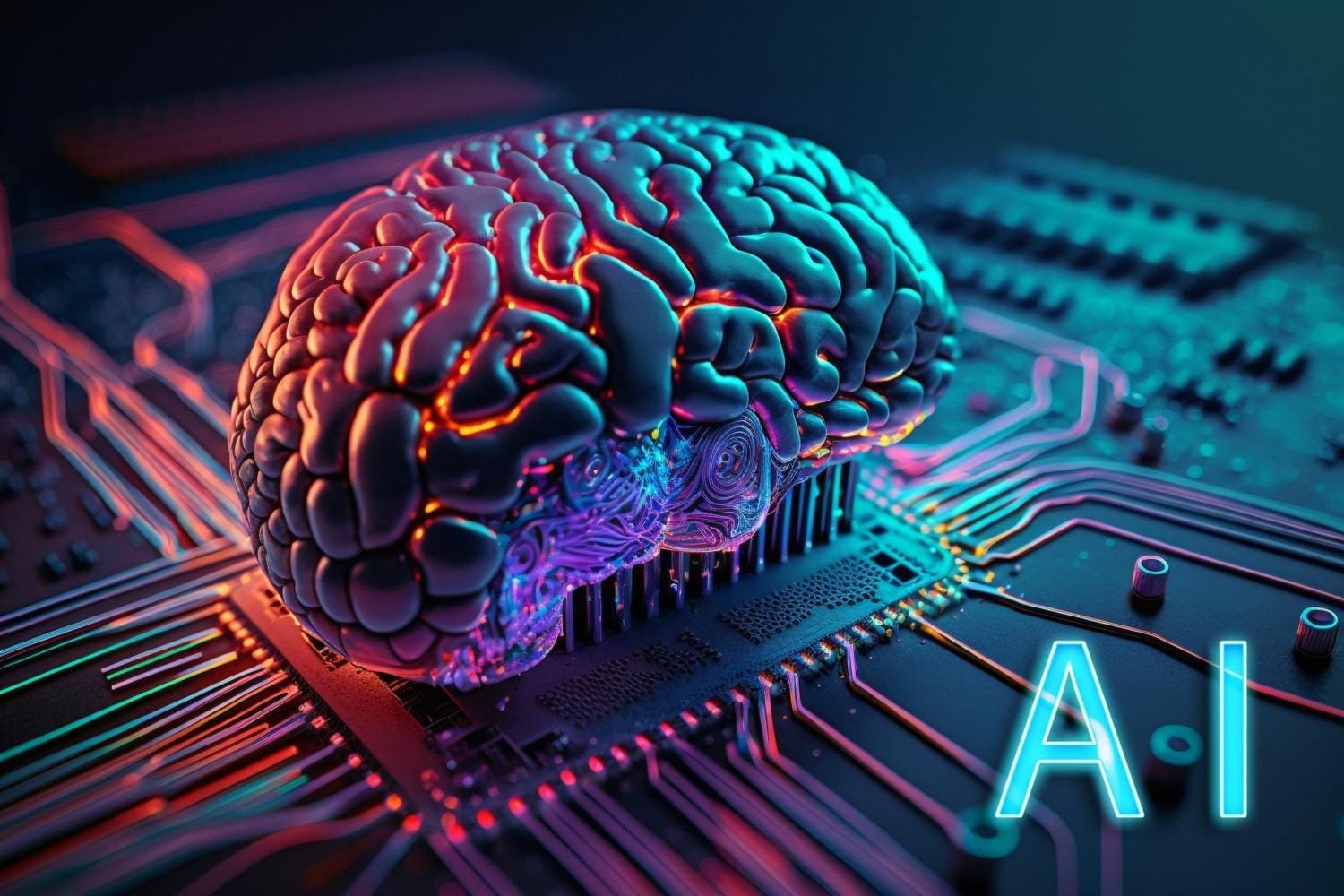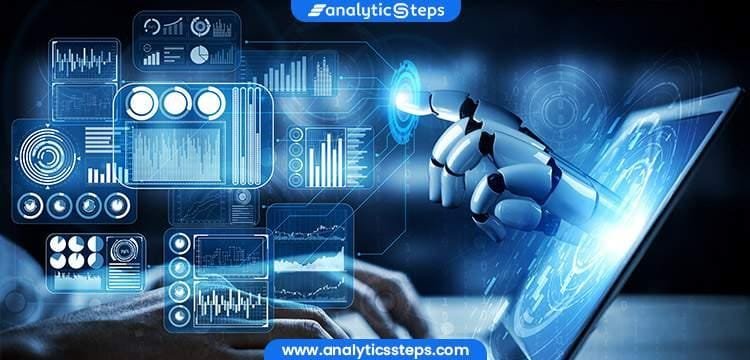Table of Contents
In a rapidly evolving landscape, where machines increasingly mimic human capability, the role of artificial intelligence has transitioned from being a mere concept to a tangible force shaping our lives. From smart assistants that organize our schedules to algorithms that influence how we consume information, the presence of AI is now ubiquitous.
Yet, with every advancement comes a wave of curiosity and skepticism. What does it truly mean for a machine to think? As we delve into this intriguing world, it becomes essential to navigate the possibilities and challenges that AI presents today.
Exploring the Frontiers of AI Innovations
In an age where technology evolves at lightning speed, artificial intelligence stands out as a pivotal force reshaping our world. From enhancing personalized experiences to revolutionizing healthcare solutions, AI innovations are infiltrating every sector. Key advancements include:
- Natural Language Processing: Enabling machines to understand and respond in human language.
- Machine Learning: Allowing systems to learn from data and improve over time.
- Computer Vision: Granting machines the ability to interpret and make decisions based on visual inputs.
The impact of these technologies is profound, driving efficiency and creativity in industries such as finance, education, and entertainment. Consider the following statistics that highlight AI’s rapid integration:
| Industry | AI Adoption Rate |
|---|---|
| Healthcare | 65% |
| Finance | 60% |
| Retail | 55% |

Harnessing AI to Transform Everyday Life
Artificial Intelligence is seamlessly weaving into the fabric of our daily routines, making life more efficient and enjoyable. From smart assistants managing our schedules to personalized recommendations on streaming platforms, AI is reshaping the way we interact with technology. The integration of AI into home devices transforms how we manage tasks, ensuring we spend less time on mundane chores and more on what truly matters.
Moreover, AI is enhancing sectors like healthcare and education, providing tailored solutions to individual needs. With tools that offer real-time monitoring of health metrics and adaptive learning platforms for students, we are witnessing a revolution in accessibility and personalization. As these innovations unfold, the potential for AI to elevate our everyday experiences is boundless, promising a future where technology and human effort harmoniously coexist.
| AI Application | Impact |
|---|---|
| Smart Home Devices | Increased convenience and energy efficiency |
| Healthcare Analytics | Enhanced patient care and predictive analytics |
| Adaptive Learning Tools | Personalized educational experiences |

Ethics and Responsibility in the Age of AI
As we navigate the complexities of an AI-driven world, the importance of ethical considerations cannot be overstated. Transparent algorithms, accountable systems, and inclusive development must be prioritized to ensure that technology serves humanity rather than undermines it. The challenge lies in balancing innovation with the potential ramifications on privacy, security, and social equity, fostering an environment where AI contributes positively to society.
Establishing normative frameworks enables us to address essential questions around AI usage. Key focus areas include:
- Data privacy: Ensuring that individual rights are preserved.
- Bias mitigation: Creating fair and unbiased algorithms.
- Job displacement: Supporting workforce transitions in the face of automation.
Engagement in multidisciplinary conversations is vital. Building a responsible AI ecosystem involves:
| Stakeholder | Role |
|---|---|
| Governments | Regulators of ethical AI frameworks |
| Developers | Creators of accountable algorithms |
| Users | Partners in providing feedback and ensuring transparency |

Preparing for an AI-Driven Future: Strategies for Adaptation
As we embrace the transformations brought about by artificial intelligence, adapting to these changes is crucial. Incorporating AI into daily operations requires a shift in mindset and skills. Consider the following strategies to facilitate this transition:
- Upskill and Reskill: Invest in training programs focused on AI literacy.
- Collaborate with AI Tools: Engage with AI platforms to enhance productivity.
- Embrace an Agile Mindset: Adapt quickly to change and innovation in the workplace.
Moreover, fostering a culture of collaboration between humans and AI is essential. This partnership can spur innovation and efficiency. To understand the implications better, consider the table below showcasing key areas impacted by AI:
| Key Area | Transformation |
|---|---|
| Healthcare | Enhanced diagnostics and patient care via AI algorithms. |
| Education | Personalized learning experiences powered by AI. |
| Finance | Automated trading and fraud detection systems. |
Key Takeaways
As we step into the future shaped by artificial intelligence, it becomes clear that the innovations of today hold the power to redefine tomorrow. By understanding the capabilities, challenges, and ethical implications of AI, we can better prepare ourselves for a landscape rich with potential.
Key insights to remember:
- AI enhances productivity, streamlining processes across various industries.
- The importance of ethical guidelines ensures responsible AI development.
- Continuous learning is essential as AI technology evolves rapidly.
In this intriguing world, we stand at the crossroads of opportunity and responsibility. Our engagement with AI today will determine the societal structures of tomorrow, making it crucial to remain informed, vigilant, and thoughtful as we navigate this compelling journey.
Ultimately, embracing the advancements in AI while fostering a culture of collaboration and supervision can help us unlock the immense benefits this technology offers. As we imagine what the future holds, let curiosity and caution guide our exploration of this fascinating realm.



